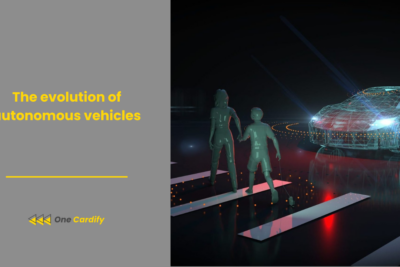
How technology is creating more sustainable cities
Lately technology has been central in guiding urban environments to a more sustainable future. This is not only the evidence of the human ingenuity but also an inescapable move in the wake of the increasing environmental challenges.Digital innovations are leading the way in developing green and efficient cities, from energy conservation to waste management. The urban areas are turning into oases of sustainability, showing that living in harmony with the nature is doable as well as advantageous.This blog post addresses the development of technology that is shaping the creation of sustainable urban landscapes, which help in healthy planet and better quality of life for the people.
Revolutionizing Energy Use
One of the pillars of sustainable city is energy use and production in it. Smart grids, solar panels, and wind turbines are being everywhere, effectively eliminating the use of fossil fuels.Devices such as those enabled by IoT are improving the use of energy in buildings, thus, consuming electricity in an efficient and responsible manner. This not only saves costs but also reduces carbon footprints.Advanced measures like geothermal heating and cooling systems illustrate the transition to eco-friendly sources of energy by providing alternative solutions for temperature control.In addition, this technology makes these systems transparent, and also makes possible the distribution of clean energy, which provides consumers with the ability to make a choice to have a greener life.
Related content
Related content
Enhancing Urban Mobility
Technology has transformed the concept of urban mobility to minimize emissions and maximize convenience. The electric vehicles, bike-sharing programs, and public transit apps are redefining the way cityscapes are being navigated by the people.Data analytics and AI are used in smart traffic management systems to minimize congestion, hence, decreasing pollution in the air and improving the air quality. The systems also favor public and non-motorized transport, enhancing sustainability as well.In developing stages, autonomous vehicles hold the future of transportation in optimizing routes, eliminating traffic jams, and reducing emissions.Green infrastructure investments, such as EV charging stations and pedestrian-friendly pathways, support these technological innovations, thus, bringing a possibility of sustainable mobility to more people.
Smart Waste Management
Technology is being used by smart waste management systems to control pollution. Sensors in waste bins measure levels of their filling that facilitate an optimal collection route and schedule, which in turn lower the fuel consumption and emissions of the waste management fleets.Advanced recycling technologies are increasing the efficiency and throughput of recycling plants which convert waste into valuable resources, and therefore, promote the circular economy.Modern composting systems turn organic waste into fertilizer; they eliminate the use of chemical alternatives and complete the cycle in food production and consumption.In addition, applications and platforms promote recycling and waste management practices and therefore, they are an integral part of citizen participation and environmental responsibility.
Building Greener Spaces
Green spaces are a part of the city planning in a sustainable urban development. In addition to creating biodiversity, vertical gardens and green roofs also contribute to the improvement of the air quality and they provide natural insulation for the buildings.In urban greenery, smart irrigation systems preserve water, however, the landscape remains healthy.There is a development of eco-friendly construction materials which are used in order to diminish the negative influence on the environment of the new buildings and infrastructures.Apart from that, the digital instruments used for the urban planning allow the cities to systematize and implement green areas properly, so that nature remains the inseparable part of the urban life.
Promoting Digital Governance
Digital platforms and e-governance are absolutely necessary for the development of sustainable urban living. Such technologies make public services effective, governance transparent and the citizens participate.With the help of data analytics and AI, cities can design policies and programs that directly tackle sustainability problems, from environmental preservation to social equity.The citizen engagement platforms enable the community to participate in sustainability programs thereby making the transition to green cities participatory and democratic.In addition, digital governance provides for the monitoring and control of urban systems in real-time, ensuring the best performance and sustainability outcomes.
Water Sustainability and Management
Innovations in technology have brought a transformation in water management thereby access and conservation of clean water. Smart sensors and AI make leaks detection and water distribution management more efficient thus reducing a great deal of waste.The technologies of water purification are facilitating the treatment and reuse of wastewater, which is a very important stage in the direction of water sustainability in arid regions and fast developing cities.The technology of high productive irrigation systems assisted with precise predictive weather models is improving water use for agriculture, a very important issue of the cities that depend on local food production.Technology-driven decentralized water management approaches empower communities to manage their water resources in a sustainable manner, resulting in their increased resilience to climate change.
Fostering Community Engagement
Technology is also improving the role of the community in sustainability initiatives. Social media sites and special apps allow people to spread information, take part in environmental undertakings and cooperate on sustainable projects.Virtual, as well as augmented reality (VR and AR), are used for educational purposes that deliver immersive experiences on sustainability with the ultimate goal of stimulating pro-active and environmentally-aware behavior.Citizen participation in sustainability of urban development is facilitated by crowdsourcing platforms, be it in the form of ideas, feedback or funding of green projects.Facilitated by digital technologies, community-based energy initiatives enable neighborhoods to generate their own efficient energy, contributing to the ownership principle and awareness over urban sustainability.
Conclusion
With cities growing further and further, technology incorporation into the urban development context becomes crucial for the generation of sustainable futures. The innovations described in this essay, starting from smart energy systems that transform cities into sustainability models, to digital governance, are redefining cities as the sustainable cities of future.With the deployment of these technologies, cities will reduce their environmental effects, increase the health standards of the people living there, set an example for the rest of the globe to live sustainably. The development of sustainable urban environment is a team work that involves the participation of both the government, the business community, and the citizenry.Accepting these technological improvements is not only a move towards sustainability but a leap towards a healthier, fairer and stronger world.Green is the future of our cities, and technology is the front door to this sustainable promise.
Technology is revolutionizing urban energy systems through smart grids, renewable energy sources like solar and wind, and IoT devices that optimize energy use, contributing to more sustainable urban environments.
Technology improves urban mobility by introducing electric vehicles, bike-sharing schemes, smart traffic management, and autonomous vehicles, reducing emissions and enhancing transportation efficiency.
Smart waste management utilizes sensors and advanced recycling technologies to optimize waste collection and processing, reducing pollution and fostering a circular economy.
Green spaces are essential for enhancing urban biodiversity, improving air quality, and providing natural insulation, contributing significantly to the sustainability of cities.
Yes, digital governance through e-platforms and data analytics enables efficient public services, transparent policies, and greater citizen engagement, supporting sustainability goals.
Technology aids water sustainability through smart management systems for leak detection and distribution, advanced purification for reuse, and efficient irrigation technologies.
Community engagement, facilitated by technology, is crucial for sharing sustainable initiatives, educating on environmental issues, and collective participation in sustainable urban development.

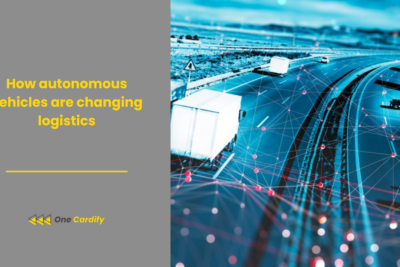
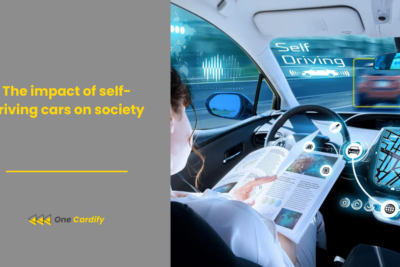
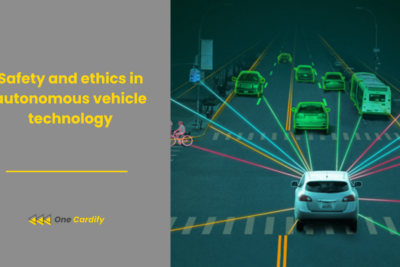
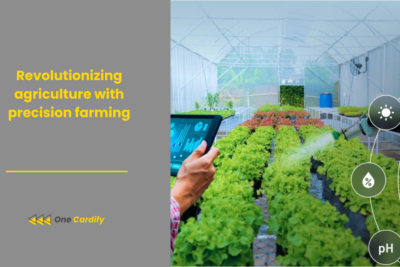
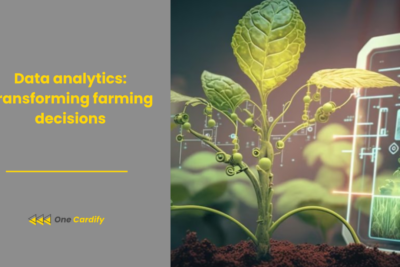
Related Posts